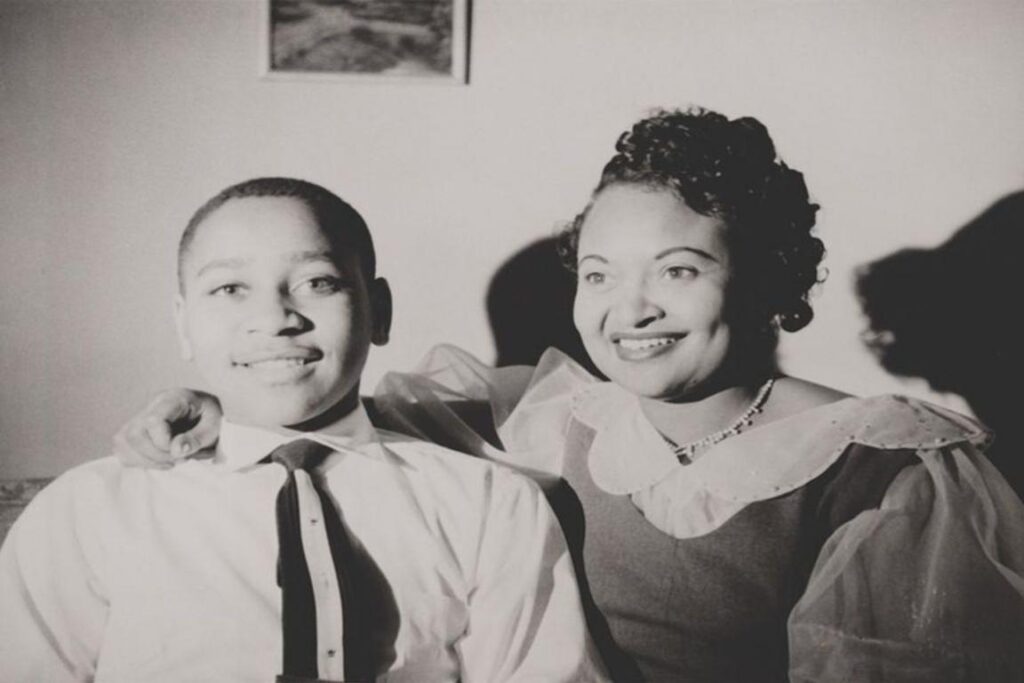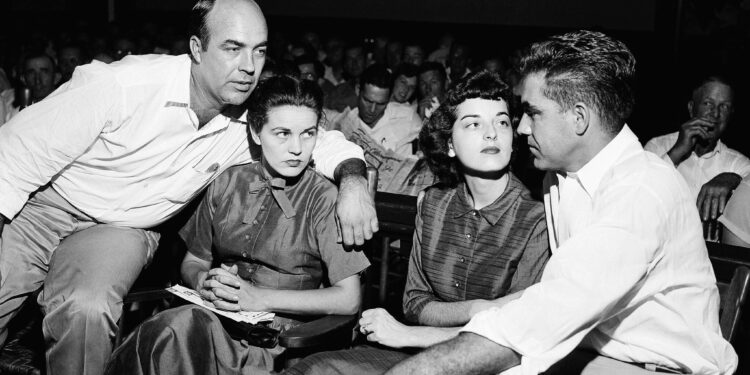On Sept. 23, 1955, an all-white jury in Mississippi acquitted two white men accused of murdering 14-year-old Emmett Till, an African American boy whose brutal killing became a catalyst for the U.S. civil rights movement.
Till, visiting relatives from Chicago, had been abducted weeks earlier after allegedly whistling at a white woman, Carolyn Bryant, outside a grocery store in Money, Mississippi. Her husband, Roy Bryant, and his half-brother, J.W. Milam, were charged with kidnapping and murdering the teenager.

The case drew national attention after Till’s mother, Mamie Till-Mobley, insisted on an open-casket funeral in Chicago to show the world the disfigured body of her son. Photographs published by Jet magazine and other outlets shocked the nation and fueled outrage over racial violence in the South.
Despite eyewitness testimony placing Till with his abductors and evidence linking Bryant and Milam to the crime, the jury deliberated for little more than an hour before declaring both men not guilty. Reporters later quoted jurors as saying they would have convicted the defendants had the state recommended a lesser charge.
Protected by double jeopardy laws, Bryant and Milam admitted in a 1956 magazine interview that they had killed Till. Their public confession underscored the depth of racial injustice in the Jim Crow South.
The acquittal of Till’s killers is widely regarded as a turning point in American history. Civil rights leaders at the time pointed to the case as evidence of systemic racism in Southern courts, and it helped mobilize a generation of activists. Just three months later, Rosa Parks refused to give up her bus seat to a white passenger in Montgomery, Alabama — an act of resistance she said was influenced by Till’s killing.
Decades later, the case has remained a symbol of racial violence and the fight for justice. In 2004, the U.S. Department of Justice reopened the investigation, and in 2022, President Joe Biden signed the Emmett Till Antilynching Act into law, making lynching a federal hate crime.
Seventy years on, the story of Emmett Till continues to resonate as a reminder of the human cost of racism and the enduring struggle for civil rights in the United States.













































